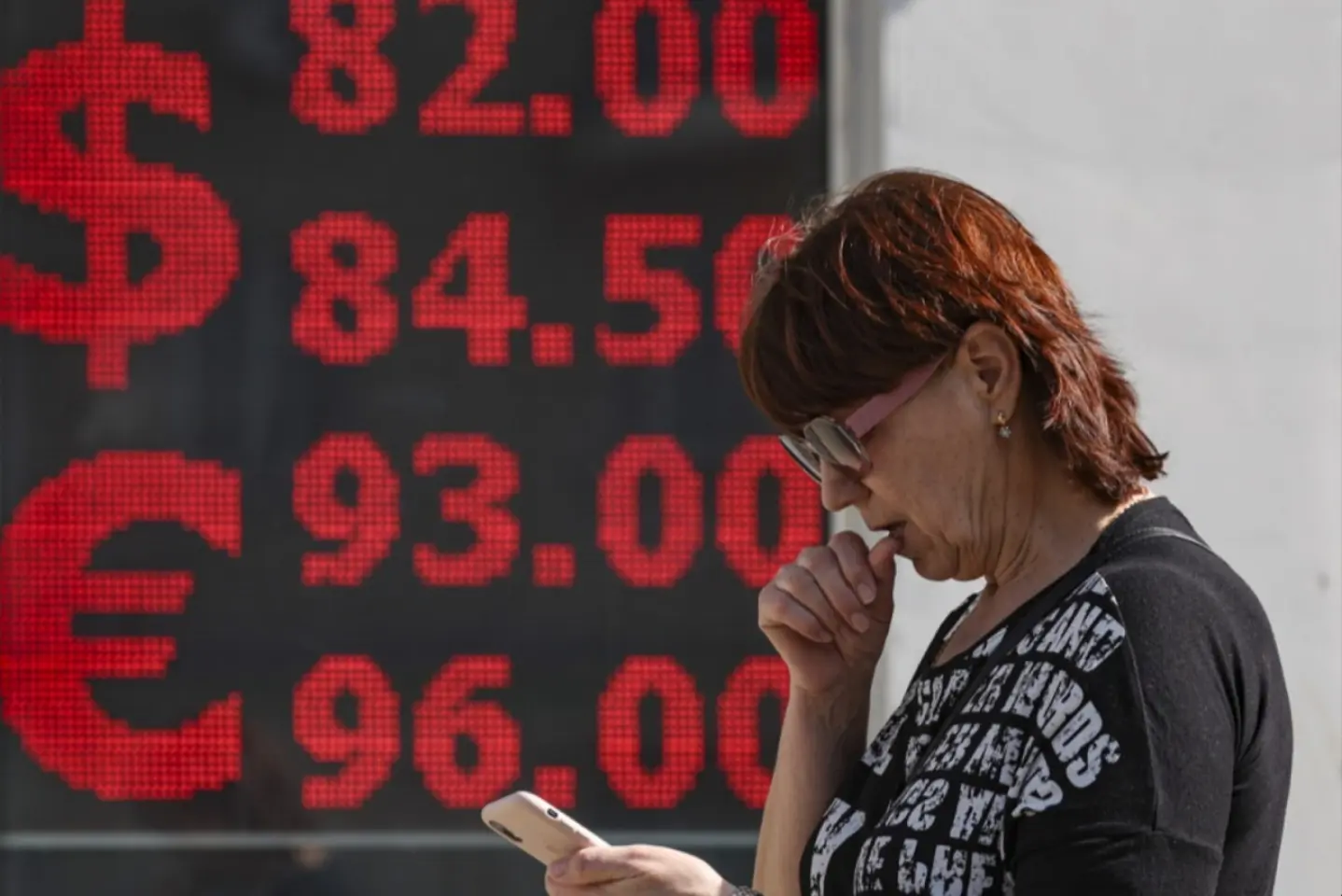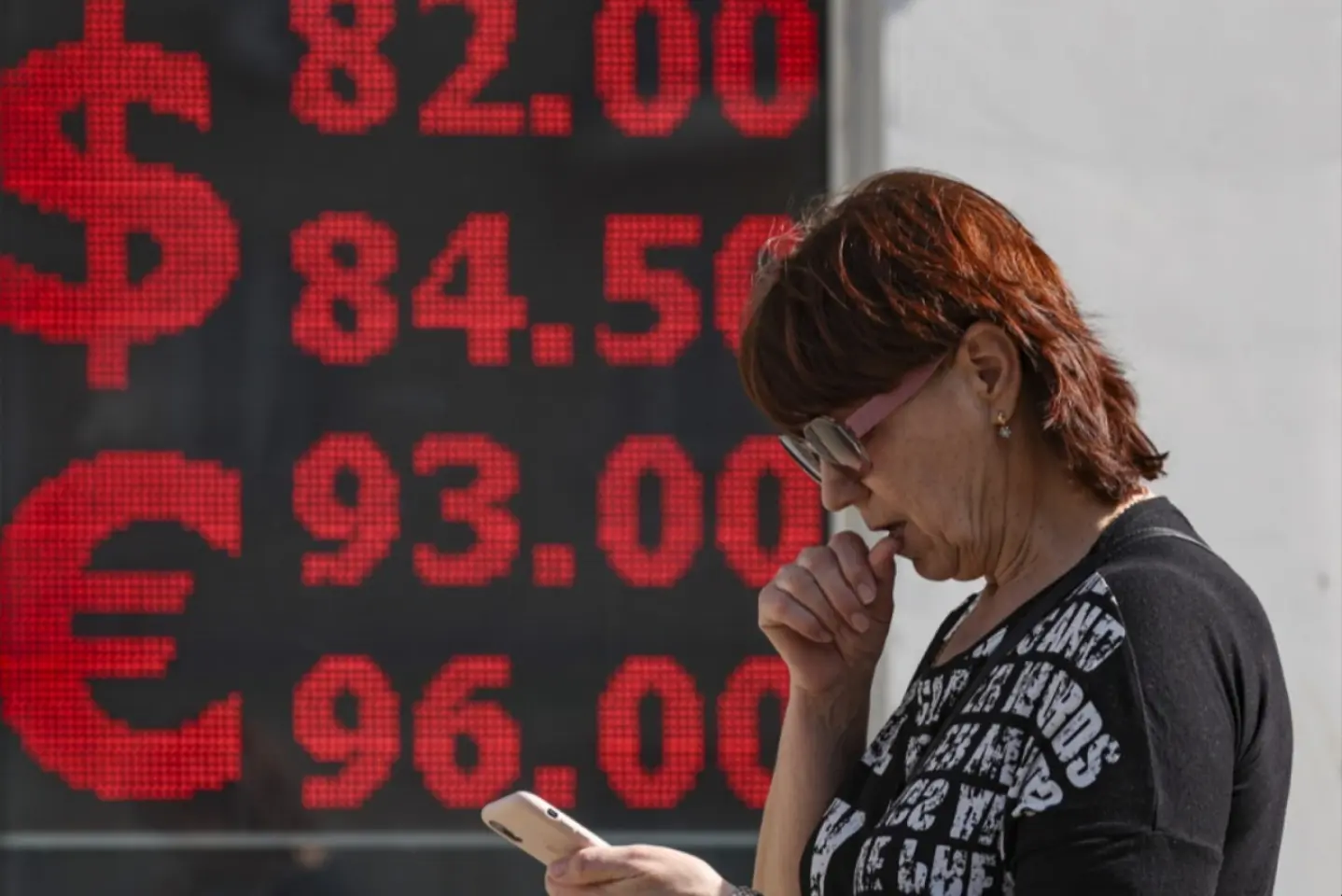
For many it is a coping mechanism, in some cases it reflects newfound war-related income, in others a switch away from big spending.

Behind the polished facade of Moscow and official statistics lies a federation increasingly fractured—socially, economically, and politically.

Russia’s economy is not yet a wartime economy – but it is drifting dangerously close. Whether it crosses the threshold will depend not just on military needs, but on the political will to sacrifice economic interests for geopolitical ambitions. So far, Moscow has tried to avoid making that choice. But the clock is ticking.

In the short term, Western sanctions have disrupted supply chains and commercial operations. In the long term, they are accelerating Russia's technological decline and external dependence.

Russians are hoping for an easing of sanctions and the return of big Western brands to the Russian market. Is this a real prospect – or simply a collective wish disguised as news?

In today’s Russia, ending the war in Ukraine may bring economic and social turmoil so profound that peace could pose greater risks to Kremlin than the conflict itself.

The share of military expenditures in the GDP of European Union countries is set to rise, bringing Europe back to an era where security was defined not by investments in education or the green economy but by the number of tanks, aircraft, and soldiers.

Official statistics show that Russia's economy is growing despite war and Western sanctions. In fact, economic problems are piling up and Russia risks recession.

Despite being antagonistic to the US, the Kremlin craves Washington’s attention, just as the Soviets and the Tsars did in their time. And Putin suddenly finds common grounds between his regime and Trumpism.

As young Russians are sent to the front or fleeing the country, Russia’s economy needs migrants. But the latter are a target for extremists and populist politicians.

The war in Ukraine is increasing the gap between Russia’s wealthy elites and the majority of the population. There is also a drive to redistribute wealth and channel it towards those loyal to Putin’s regime.

Russia’s civil aviation is facing an unprecedented crisis, as both domestic production and foreign imports are being hampered by sanctions imposed by the West following Ukraine’s invasion.

For the gerontocratic Russia’s leadership, the vision of the future is derived from a mythical “golden past”, but manifesting as escalating corruption, growth in alcohol consumption, resource scarcity, and rising crime.

Belarus has allowed an explosion in smuggling of products like cigarettes, and this policy poses a threat to the security of the European Union.

Despite Western sanctions, Russia managed to keep its economy afloat by switching its trade flows to China and India. However, on the long run that makes the Russian economy more vulnerable.

Russia’s budget proposal for 2025-2027 confirms many analysts' bold predictions — it is, in essence, a budget for prolonged warfare.

Minsk's illusion of economic sovereignty appears to be eroding rapidly. Although the connection to Russia may seem beneficial in the short term, in the long term it will hamper Belarus' economic growth.

Traditional trade relations have been disrupted after the invasion of Ukraine by sanctions that affect not only the EU and Russia, but also dozens of third countries that have been caught in the middle.

Russia needs recruits to cover its heavy losses on the Ukrainian front. To avoid an unpopular mobilization, Moscow has created an economy of death, in which Russians stake their lives for money.

Sanctions and public pressure generated by the invasion of Ukraine forced many Western companies to leave the Russian market. However, there are enough investors who chose to stay, drawn by its potential.

O flotă de petroliere „fantomă” a ajutat Rusia să evite sancțiunile occidentale și să-și vândă petrolul astfel încât acesta să ajungă pe piețele globale.

How Russia is living under sanctions, how it circumvents them, and what lessons a market economy can draw from this experience?

So far, Western sanctions had little impact on Belarus’ economy. However, they made the country increasingly dependent on Russia and they caused new rifts within the society.